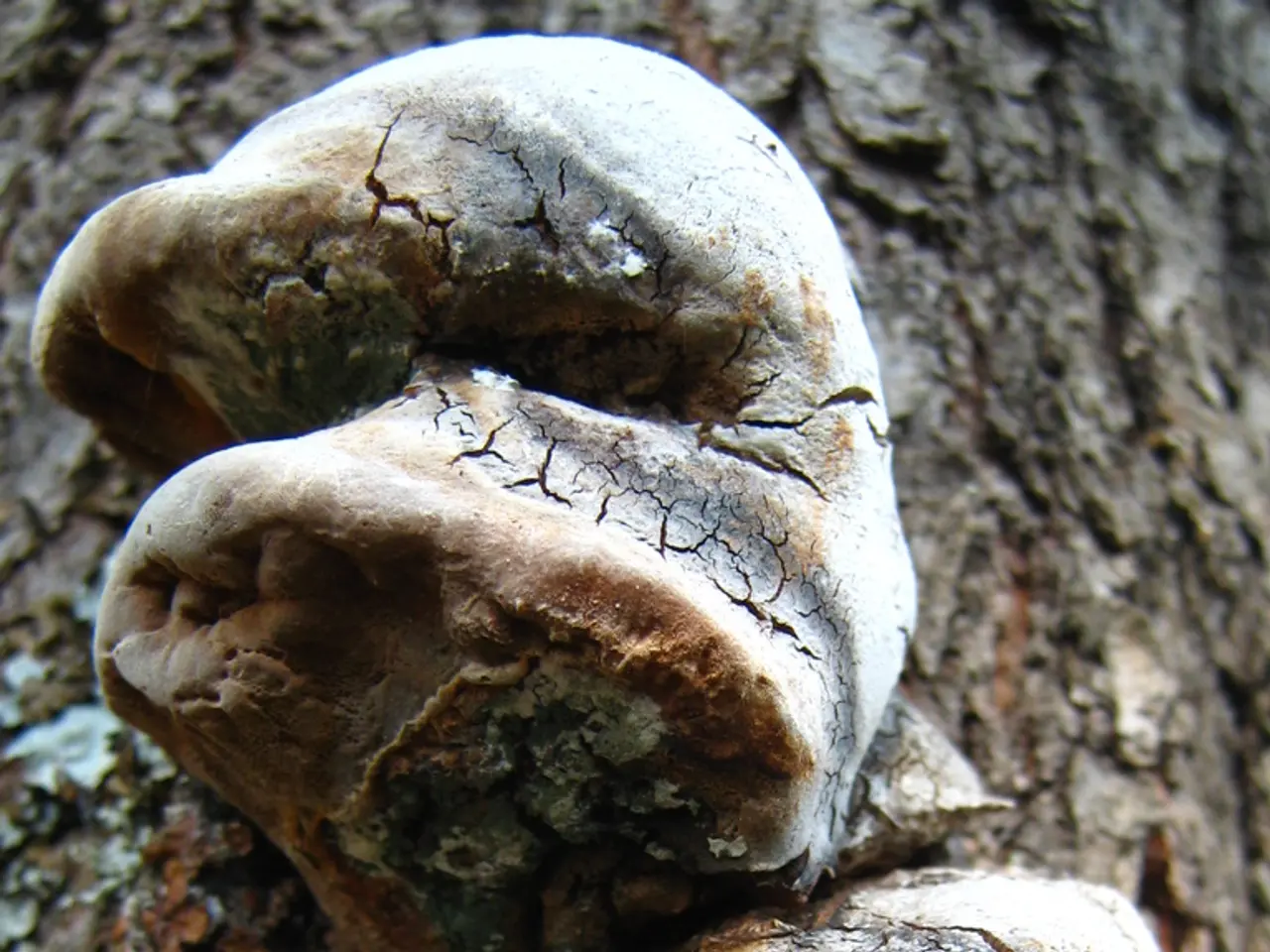Conservation Efforts Reinforced with the Emergence of a New Species Protection Committee
The International Union for Conservation of Nature (IUCN) has announced a significant step towards the protection of microbial biodiversity with the formation of a new species survival commission, known as the Microbial Conservation Specialist Group. This commission was officially unveiled on September 12, 2021, in a new paper published in Nature Microbiology.
The Microbial Conservation Specialist Group's primary goal is to serve as a global safeguard for microbial biodiversity, recognizing the importance of microbial life for human and planetary health. The commission will be led by Jack Gilbert from the University of California San Diego and Raquel Peixoto of King Abdullah University of Science and Technology.
The commission aims to map conservation priorities for microbial ecosystems threatened by habitat destruction and human activities. It will also develop frameworks to guide the use of microbes that can augment existing conservation efforts. For instance, the commission plans to investigate using microbial probiotics to strengthen coral reefs and improve the resilience of crops.
The commission will pursue coordinated conservation action for microbial species, considering preservation of essential microorganisms such as bacteria, fungi, and viruses. It will investigate ecological disruption and the potential extinction of specific strains of microbes, as well as certain species in humans that are going extinct as a result of industrial lifestyles.
The commission receives administrative and financial support from the International Society for Microbial Ecology, the American Society for Microbiology, and Applied Microbiology International. It is also backed by funding from the Gordon & Betty Moore Foundation.
The Microbial Conservation Specialist Group will bring together ecologists, traditional knowledge experts, and conservation leaders to develop and advocate for conservation tools, strategies, and policies that integrate microbiology into global biodiversity governance. One of the commission's key initiatives is the development of a microorganism-specific Red List, a globally-recognized system to classify species at high risk of extinction.
Examples of microorganisms the commission may focus on include photosynthetic microorganisms in Sharks Bay, Australia, cryoendolithic fungal communities in Antarctica, and bacteria in coral reefs. The commission's ultimate goal is to ensure that critical microbes are assessed and protected from extinction, contributing to the preservation of other ecosystems and the conservation of charismatic megafauna.





